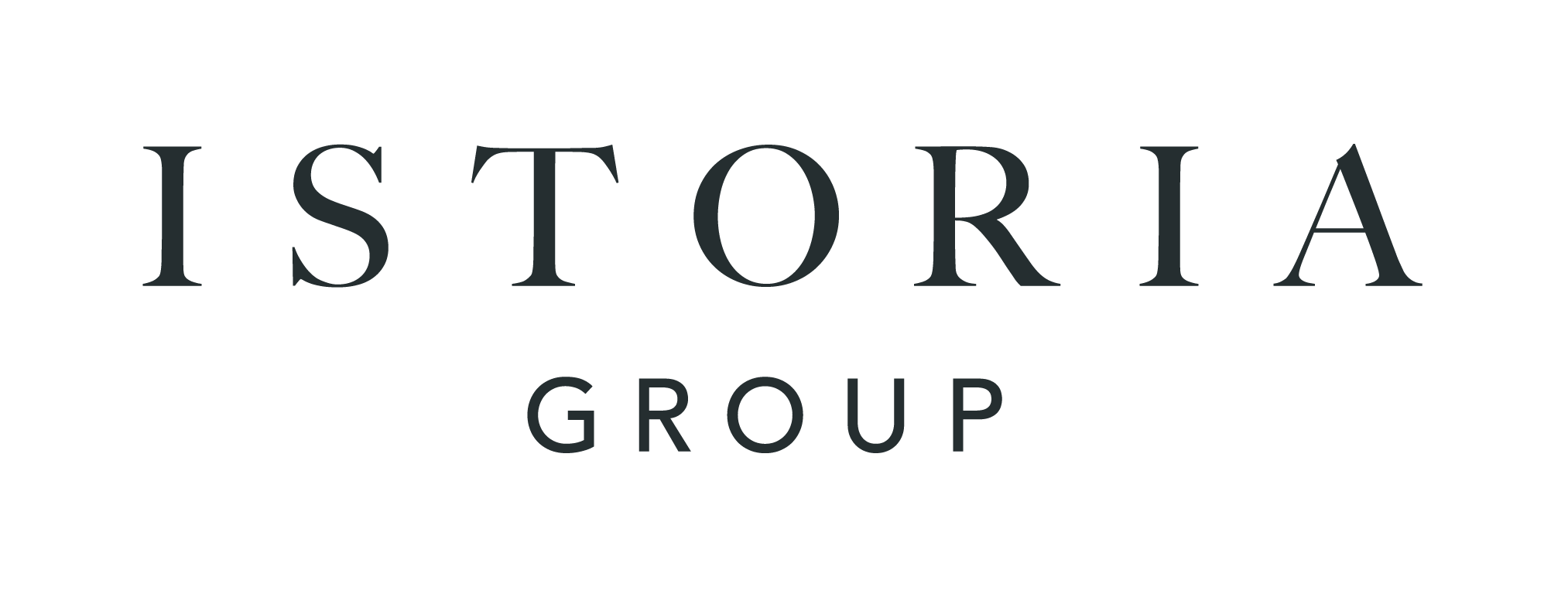Ethical events: let me count the ways
Ethical events:
Let me count the ways
Have you ever tried searching for ‘ethical events’ on the internet?
Most of the results are for events about ethical topics such as sustainability. But what if you want to ensure that no matter what the topic, your event, exhibition or meeting is run in an ethical manner?
The team at Ignition have been doing some digging and we think these are some of the key aspects of ethical event management.
1. Sustainability
Ignition have written a huge amount on sustainable events (including on their site and in Exhibition World) over the years, but we think you can’t say it better than CEO Sam Rowe did at MEET South West recently – watch the video here. She covers aspects of sustainability such as waste, logistics, stand design, materials and others, as well as showing some of the terrible aftermath of waste from large scale events across the world.
2. Accessibility
You would think that in 2019, you wouldn’t have to worry too much about accessibility: surely most venues have this under control? Well, yes and no. Most modern venues will have wheelchair accessible entrances and toilets, for example, but not all disabled people use wheelchairs, and little things like AV systems or bad signage can make the event really difficult for those with sight or hearing impairments or trouble with mobility.
To help think through some of these issues, the Social Care Institute for Excellence has a comprehensive guide for download, or this article outlines some of the basics you could think about.
3. Stand design
The venue might be accessible, but is your stand? There’s no point having wheelchair access to the show itself if there’s a step up onto each stand, with no ramp. The height at which information is displayed is important too, as are lighting, seating areas and noise. And do you have different formats such as large print or Braille for your materials or takeaways?
The RNIB has created a comprehensive guide with Museums Scotland with detailed info about aspects from seating and signage to displays and lighting.
4. Diversity and inclusion
Making events accessible is great, but inclusion goes further to make them positively welcoming to all. It’s worth thinking ahead of time to make suitable provisions: if delegates have to pay to attend, for example, are there discounted tickets available for low income groups who would benefit from attending? And what about non-neurotypical people? The London Autism Show recognises that while a busy exhibition may be impossible for people with acute sensory issues, there are steps that can be taken to help: offering a quiet room for those feeling overwhelmed, keeping aisles wide to prevent crowding, and keeping lights at a lower level than normal.
This article from MeetingsNet has some useful tips as well as useful links to further resources.
5. Don’t forget your own company and supply chain
It’s easy to overlook that an event is only as ethical as the organisations involved. Every event, meeting or exhibition relies on a complex network of suppliers. Expectations will vary across the world, so it’s vital to ensure that each and every supplier is working to the same high standards if you want the whole event to be truly ethical. There are many accreditations and schemes you can use to check your own ethical standards and those of your suppliers – we’ve put links to a few below.
ISO Sustainable Event Management
British Standard for Diversity and Inclusion
We’d love to hear from you about any other ways of making sure events and stands are designed and run in an ethical manner – drop us a line!
MORE ON IGNITION
Ignition are a passionate team creating and delivering meaningful exhibitions, events and experiences around the world. Ignition works across 8 main industry sectors, including aerospace, technology, pharmaceutical, health and education.
Head on over to Ignition’s website to find out more.
Ignition ➞
